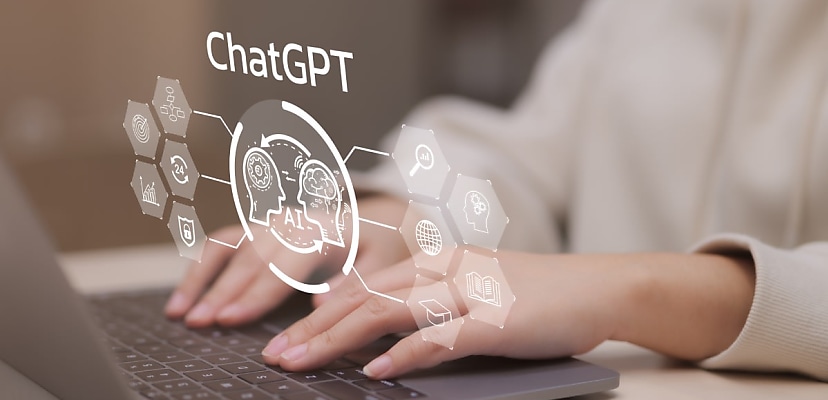Share this article on:
Powered by MOMENTUMMEDIA
Breaking news and updates daily.
A new report has shed light on what industries are taking the most advantage of generative AI ChatGPT.

UK software-as-a-service (SaaS) security firm Indusface spoke to 2,000 workers in the UK employed across a wide range of industries for a recent survey, and the results are a little surprising – and a little obvious at the same time.
The industry taking the most advantage of ChatGPT is advertising, with 39 per cent – or nearly two in five – of people in that sector already using the artificial intelligence (AI) tool in their day-to-day operations.
The legal industry is the second-most comfortable, at 38 per cent of those polled are using ChatGPT, and third is arts and media, at 33 per cent. The sector using ChatGPT the least is government and defence, and even then, 28 per cent of those polled are using the chatbot.
On average, that equates to about a third of all workers polled – which includes manufacturing and construction, as well as medical and information technology – using ChatGPT.
As to how the chatbot is being used, the clear majority of workers are using it for report writing and translation, at 27 and 25 per cent, respectively. After that, there is a sharp drop to 17 per cent using it for research, with writing client or internal emails coming in at 11 and 8 per cent, respectively.
However, it is still important to keep a human element in the loop, according to Venky Sundar, founder and president of Indusface.
“Specific to business documents, the risks are: legal clauses have a lot of subjectivity, and it is always better to get these vetted by an expert,” Sundar said in a statement.
“The second risk is when you share proprietary information into ChatGPT, and there’s always a risk that this data is available for the general public, and you may lose your IP. So never ask ChatGPT for documentation on proprietary documents, including product roadmaps, patents and so on.”
“The benefits are that a V1 draft could be easily obtained, and it is helpful to frame thoughts, especially for generic templates such as email templates and so on,” Sundar said.
But despite ChatGPT’s growing integration into many business processes, many are still sceptical.
Fifty-five per cent of workers polled admitted that they would not trust another business if it, too, uses the technology.

David Hollingworth has been writing about technology for over 20 years, and has worked for a range of print and online titles in his career. He is enjoying getting to grips with cyber security, especially when it lets him talk about Lego.
Be the first to hear the latest developments in the cyber industry.